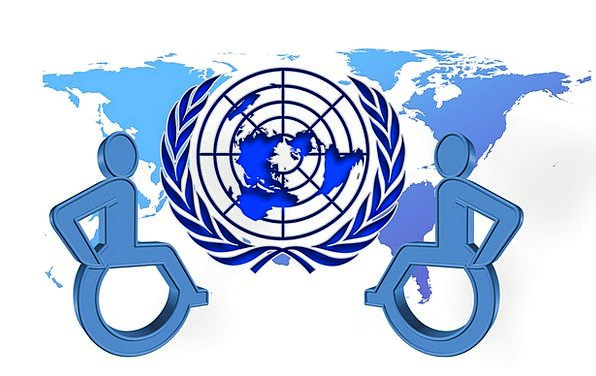Earlier this month (June 14), a Special Committee meeting was convened virtually to discuss the longstanding issue of decolonization, particularly the question of Gibraltar, Tokelau, and West Sahara. Decolonization appears to be a global trend, yet it continues to bring heated debates onto the international platform. Here is a simple overview of the contemporary view of decolonization.
Colonialism and its Impacts
Modern colonialism emerged in the 15th century when the New World became subjected to Spanish, French, Portugese, and Dutch colonial rule. Colonialism was at its peak before World War I and colonial rivalries contributed significantly to the outbreak of the war. The largest wave of decolonization in history was achieved after the Second World War pursuant to the right to self determination, which was embodied in Article I of the United Nations Charter.
It is widely known that the control by one power over a dependent area or people brings about coercion and forced assimilation. Human rights violations are prevalent. Additionally, colonial powers exploited natural resources of colonies and caused environmental degradation. Indigenous cultural development has been undoubtedly hindered with ethnic suppression. However, one must not shed light only on the downside of the story.
Colonial governments often invested in infrastructure and trade in the local territory, which laid a solid foundation for their future economic growth. To facilitate modernization and suit the needs of the governing countries, access to education was improved and literacy was encouraged. Medical and technological knowledge was also disseminated. We shall not disregard the positive effects of colonialism entirely, but allow a step-by-step decolonization process to ensure smooth transition. We must act responsibly and make sure dependent territories can stand on their own before independence.
Decolonization Today
Today, less than 2 million people live under colonial rule in 17 non-self-governing territories. Among them, diverse attitudes towards administering countries are exhibited. At the Special Committee meeting, Gibraltar and Tokelau both showed appreciation to the developmental support given by their respective administrators, the United Kingdom (UK) and New Zealand.
However, petitioners from Western Sahara illustrated their disapproval of the Moroccan administration. The human rights of the people in refugee camps are threatened. For instance, underaged detainees have been subjected to indoctrination, forced to attend military training, and sent overseas. Some member states showed support to the petitioners while some stood with Morocco and its autonomy to settle its own territorial dispute.
The contemporary obstacle to decolonization must be tackled at its root cause. The international community shall continue to strive to eliminate colonialism with a realistic, practicable, and enduring political solution based on compromise.
Written by: WIT-UN Intern Tracy Cheng
Reference:
https://media.un.org/en/asset/k1h/k1htpxppqn
https://world101.cfr.org/historical-context/prelude-global-era/what-colonialism-and-how-did-it-arise










